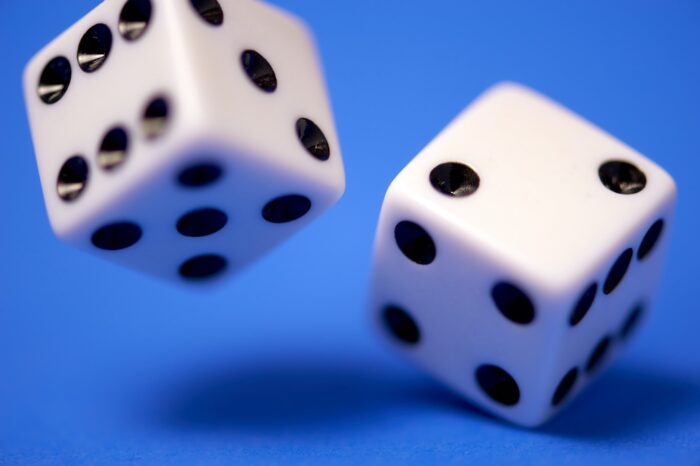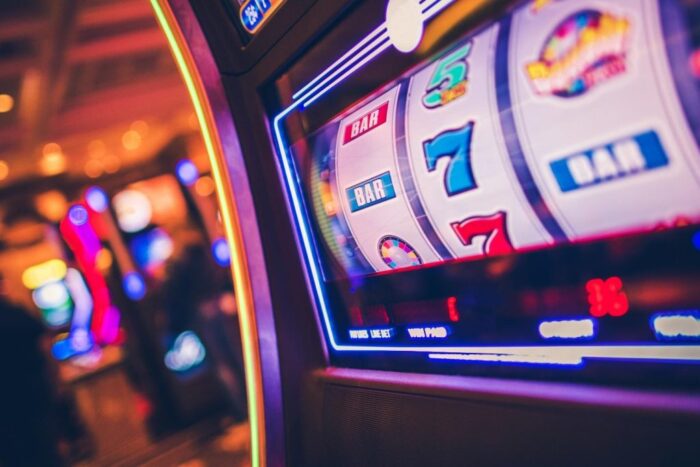Fair play is an essential aspect of both gambling and video games; it keeps players engaged and trusting the experience. But what makes a game feel fair? The answer partly lies in the influence of RNGs and algorithms. So, let’s dig in on how these systems work and why they matter.

What is RNG?
An RNG is a computer algorithm that produces a string of numbers, or results, that look pretty random and unpredictable. In video games and slot games, RNGs determine outcomes such as what enemy you fight, what loot you receive, or where slot reels stop.
Unlike fixed patterns, as these results are created by complicated algorithms, there is a sense of randomness, and players believe that the odds of winning are fair.
How RNGs Work in Video Games?
Random number generators in video games bring surprise and variety. For example, they can decide:
- Enemy spawns while exploring the game.
- Drops from fallen enemies, such as loot or rewards.
- Critical hits or special effects during combat.
- Procedural generation of levels and environments.
This injection of randomness ensures that no two playthroughs are alike and provides a lot of moments of excitement. Using a starting value, or “seed”, along with some formulas, algorithms can create random sequences. Often, the seed is changed dynamically, like using the current time, so that results cannot be predicted.
RNG and Fairness in Slot Games
If a player has no control over the outcome of each spin, how come there are so many hits and misses? RNGs play a big role in slot machines; they decide where the reels come to a stop and which symbol lands on each reel.
This uncertainty makes every spin independent, and this removes the predictability of the spin. Players have faith that the game is fair since the RNG ensures no one has an edge by cheating.
Behind the scenes, slot game algorithms translate those random numbers into reel positions and symbols. Legit online poker sites use independent lab-certified RNGs to ensure fairness. Some even utilise systems that are “provably fair”, where players can check the randomness themselves.

Perceived Odds and Why Games Feel Fair
RNG can bring fairness, but a game’s feel to a player is more about perceived odds — the sense a player has of how likely they are to win. If a game feels too random or if players go on long losing streaks, it may feel unfair even if the odds are right.
Game developers generally balance RNG with other gameplay elements to mitigate the influence of perceived unfairness.
For instance, certain games utilise “pity timers” to guarantee a reward after a specific number of attempts, or they adjust the probabilities in the background to avert unfavourable streaks of bad luck.
Final Thoughts: Why RNGs Matter for Fair Play
Without RNGs, games would become predictable or open to manipulation, and that wouldn’t be fun at all. RNGs ensure that every player has a chance to win. This is particularly relevant in online casinos and luck games, where human players cannot perceive these physical game events.

